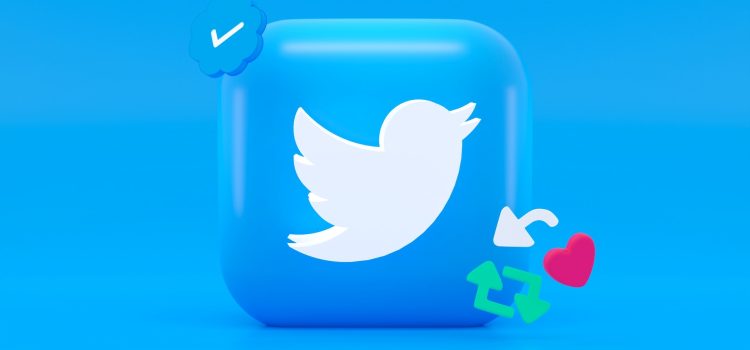
Introduction: Twitter’s Plea The Legal Battle Unfolds
The fight between the Indian court and Twitter has changed. The Court in India said no to Twitter’s request to block orders. Many people are interested in this legal dispute. This is really important for social media websites and the right to speak freely in India. We will look closely at the case and what each side argued.
I cannot simplify this sentence as it is already quite simple.
We must know the orders that the Indian government gave to block things to understand how serious it is. The goal of these orders is to control what people post on social media so that untrue information, mean words, and other bad things don’t get spread around. India is worried about fake information spreading and how it could harm people.

I need more context or the full sentence to rephrase it.
Twitter has had difficulties following the Indian government’s orders to block content as a huge social media platform worldwide. But people have also said good things about it because it tries hard to let everyone speak their minds and keep users’ information private. The company asked the court to help them. It said that following the commands might break the right to express oneself and make it difficult for the website to function. Twitter promised to both follow the rules and protect people’s privacy and right to speak up.
The future outlook and implications of the firm stand taken by the India Court.
The India Court did not change its decision despite Twitter’s request. The court said it’s really important to follow the rules and laws of our country. The court said that social media platforms should consider the worries and preferences of the Indian government and its people. But it also highlighted that it’s crucial to honor the right to speak and express oneself. This choice will be an example for other websites working in India. The message is clear that local regulations must be followed.
This legal fight is very important. This makes us wonder if social media should have rules to follow even when we can say what we want. Governments are becoming more influential over global tech companies, as emphasized by this. We cannot ignore their duty to preserve the honesty of the online world. We don’t know yet how this case will affect social media platforms and the Indian government’s relationship. It’s obvious that both parties will face important consequences.
Conclusion
The India Court’s refusal to accept Twitter’s request is an important event in the continuous legal dispute about hindering directives. But Twitter said it will keep supporting freedom of speech and try all lawful ways to contest the ruling. It is very important for big technology companies that operate in multiple countries to follow the laws and rules of each place they work, as this recent choice shows. This makes people talk more about how social media should let people speak freely but also keep them safe. Everyone involved must come to an agreement that benefits everyone, because the laws are changing.








